#37 XingYi Part 9
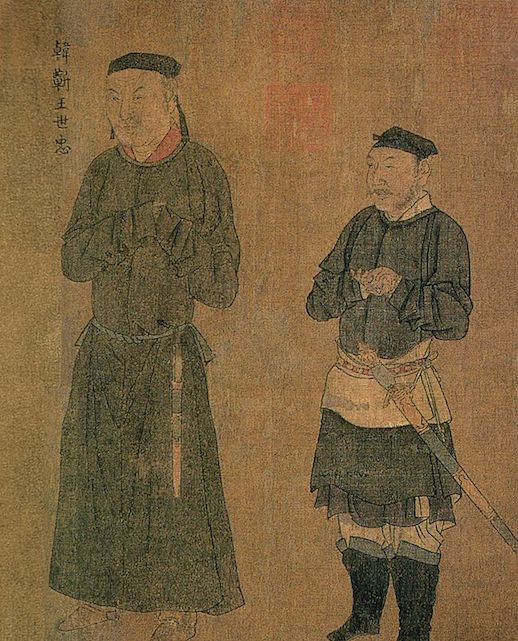

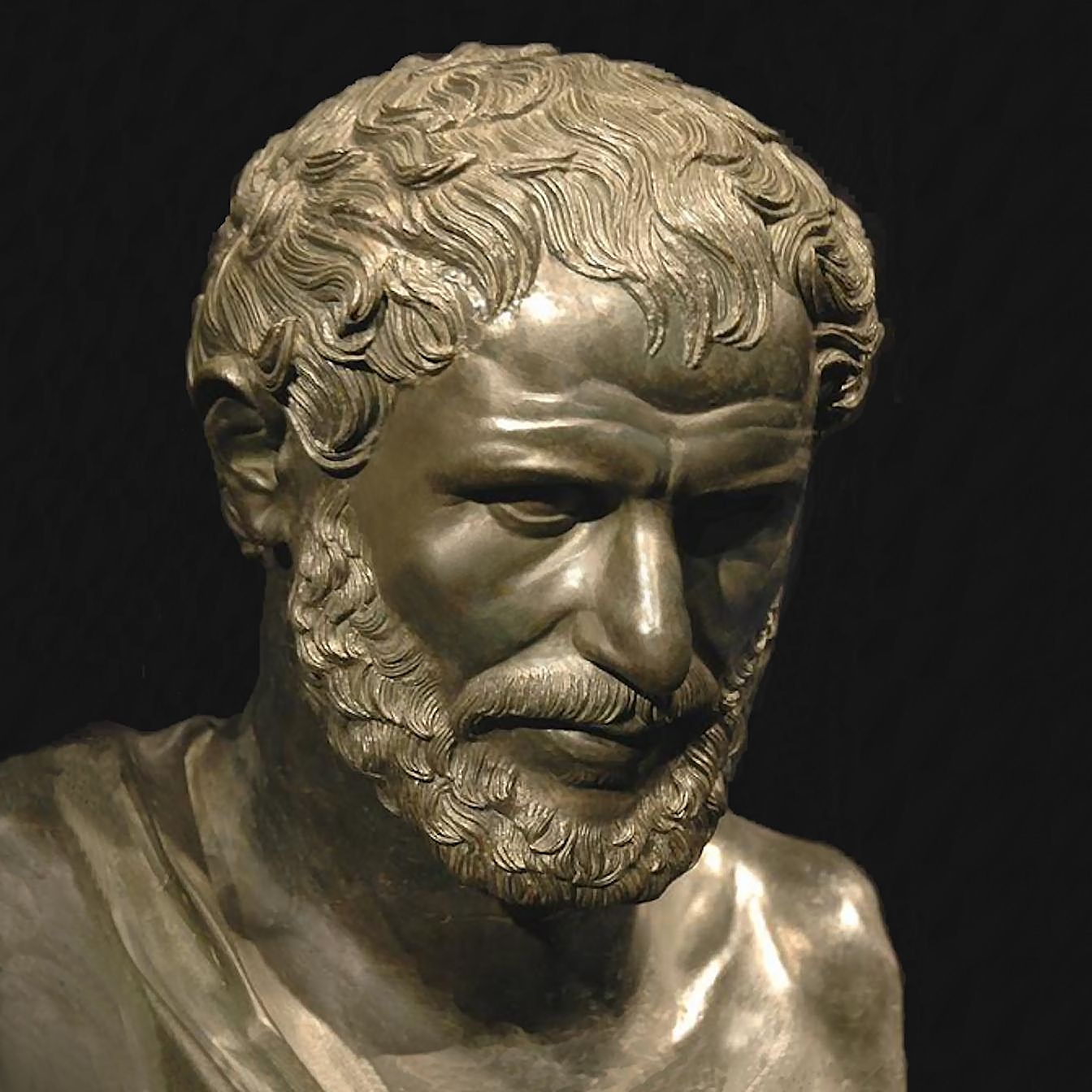
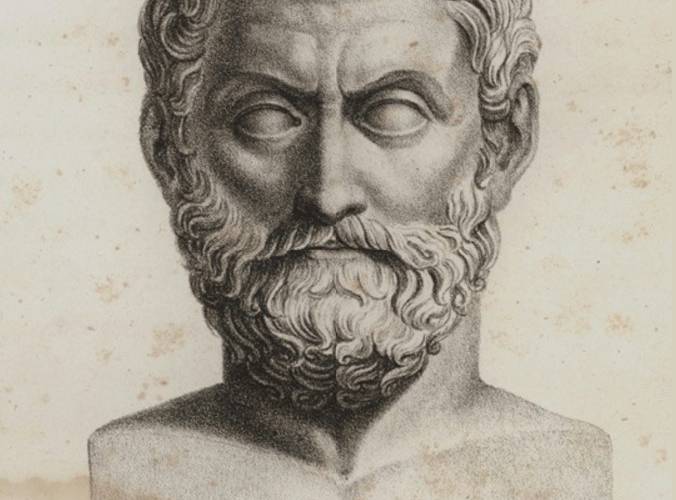
Forbidden fruit, cruel gods and the Apocryphon of John.
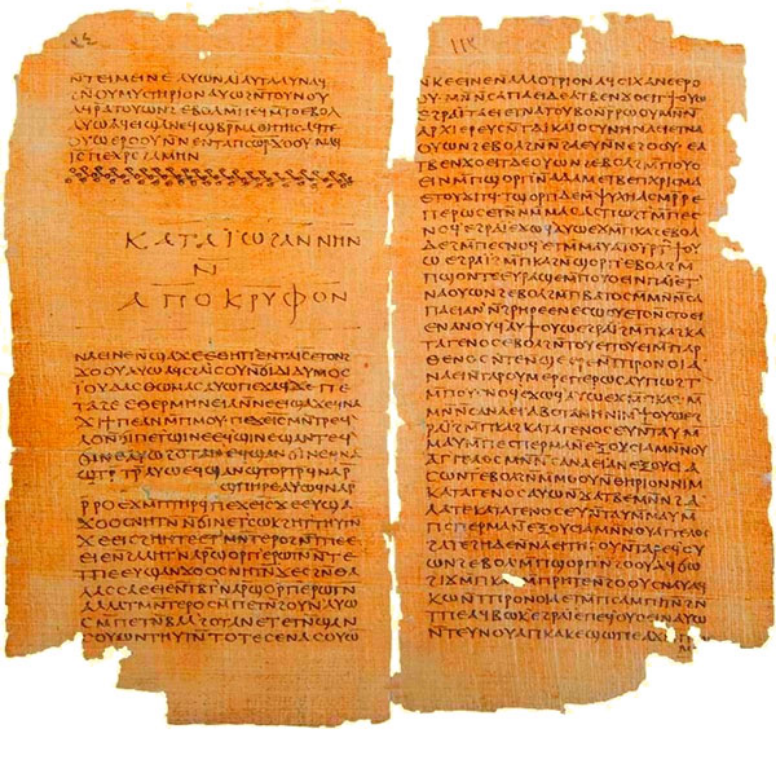
https://www.spreaker.com/user/9404101/34-the-heretics-bible-genesis-3

The discovery of the Dead Sea Scrolls revealed that Jesus and Christianity were much less unique developments than previously thought. In this episode we start to explore these ancient documents and what they can tell us about the origins of both Christianity and Judaism. https://www.spreaker.com/user/9404101/dead-sea-scrolls
Listen to “#33 Dead Sea Scrolls” on Spreaker.A discussion of how ancient elites used the figure of Adam’s first wife Lilith as the ancient “Bogey Man” to preserve their position in society, and examples of the same strategy employed by modern media and politicians to the same ends.
https://www.spreaker.com/user/9404101/lilith
Listen to “#32 Lilith” on Spreaker.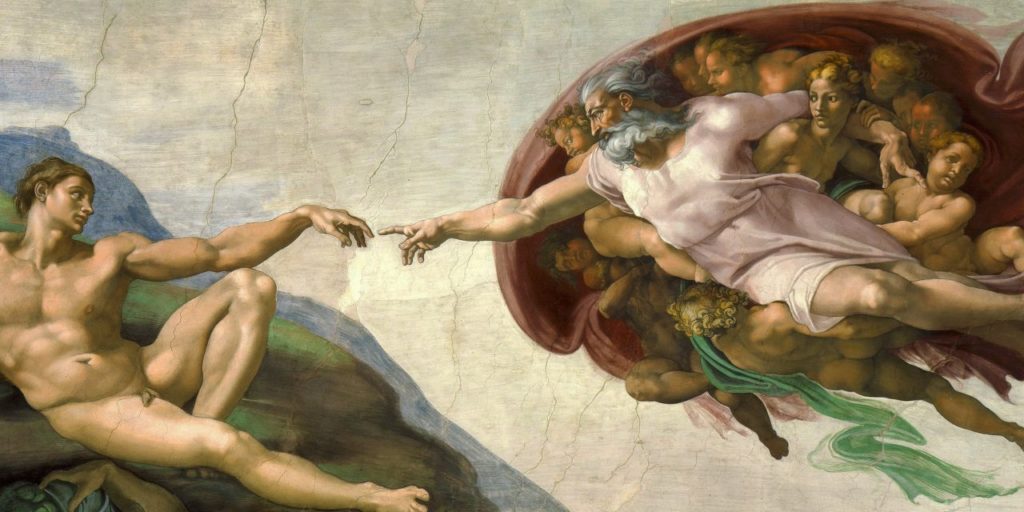
We continue our investigation of the Book of Genesis, looking at the ways in which Genesis 2 contradicts Genesis 1 and both modern Christianity and Judaism. We also start talking about the figure of Lilith, in legend Adam’s first wife before Eve was created.
Listen to “#31 The Heretics Bible: Genesis 2” on Spreaker.Here’s part 8 of the series, which looks at armour in the Song Dynasty, but also talks about XingYi fighting tactics in relation to armour and how the armour influences the way the art works – stepping, continuous movement, minimal movement, twisting the fist in Tzuann, etc…
There are two versions of part 8, the first is for public consumption, available here:
Listen to “#30 Xing Yi (part 8) – short version” on Spreaker.https://www.spreaker.com/user/9404101/30-xing-yi-part-8-short-version
We got into some controversial topics at the end of the episode, so the full version is reserved for our Heretics/Woven Energy Patreons ($5 and up):
https://www.patreon.com/wovenenergy/posts
Here’s some nice Song Dynasty-style armour a Google search turned up

Like Damon says, you could show that to a ‘normal’ person and tell them it’s Samurai armour and they would probably believe you 🙂
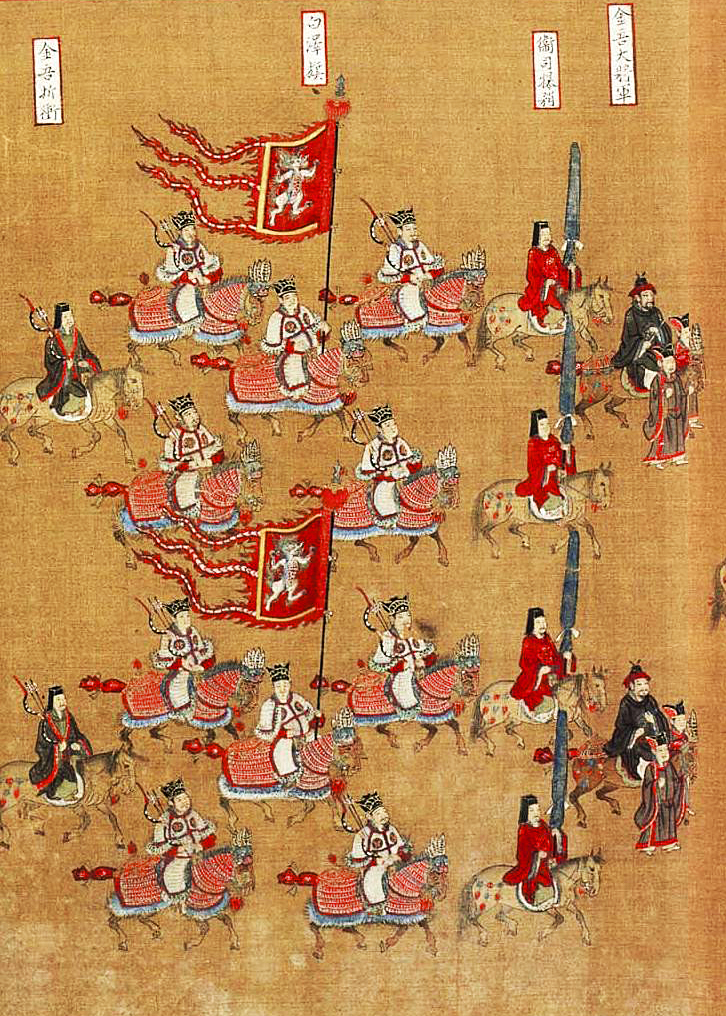
As a background to our upcoming discussion of late Song Dynasty armour and weapons, in this episode we give a brief overview of a few animal strategies applied on the battlefield at strategic and tactical levels, as well as in individual combat.
Link https://www.spreaker.com/user/9404101/29-xing-yi-part-7
Listen to “#29 Xing Yi (part 7)” on Spreaker.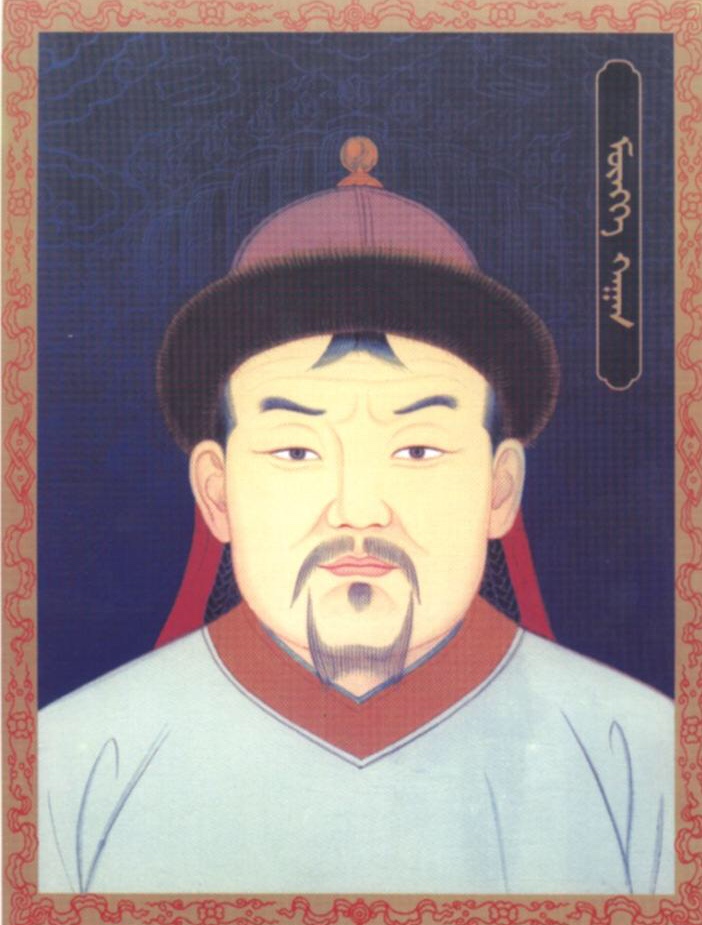
In this episode we examine how Kublai and his older brother Mongke built the Mongol Empire to the point where it was ready to do what the Jin Empire hadn’t been able to – overthrow the Song Dynasty.
Listen to “#28 Kublai and Mongke (Kublai Khan part 2)” on Spreaker.